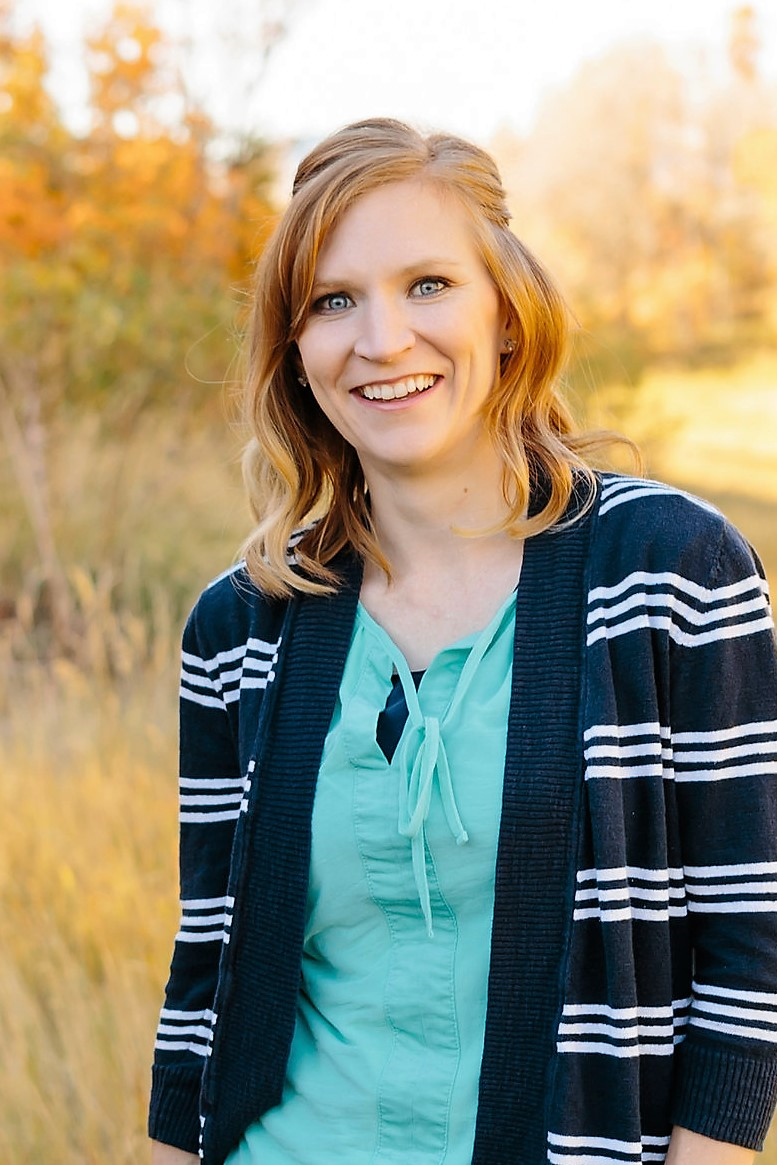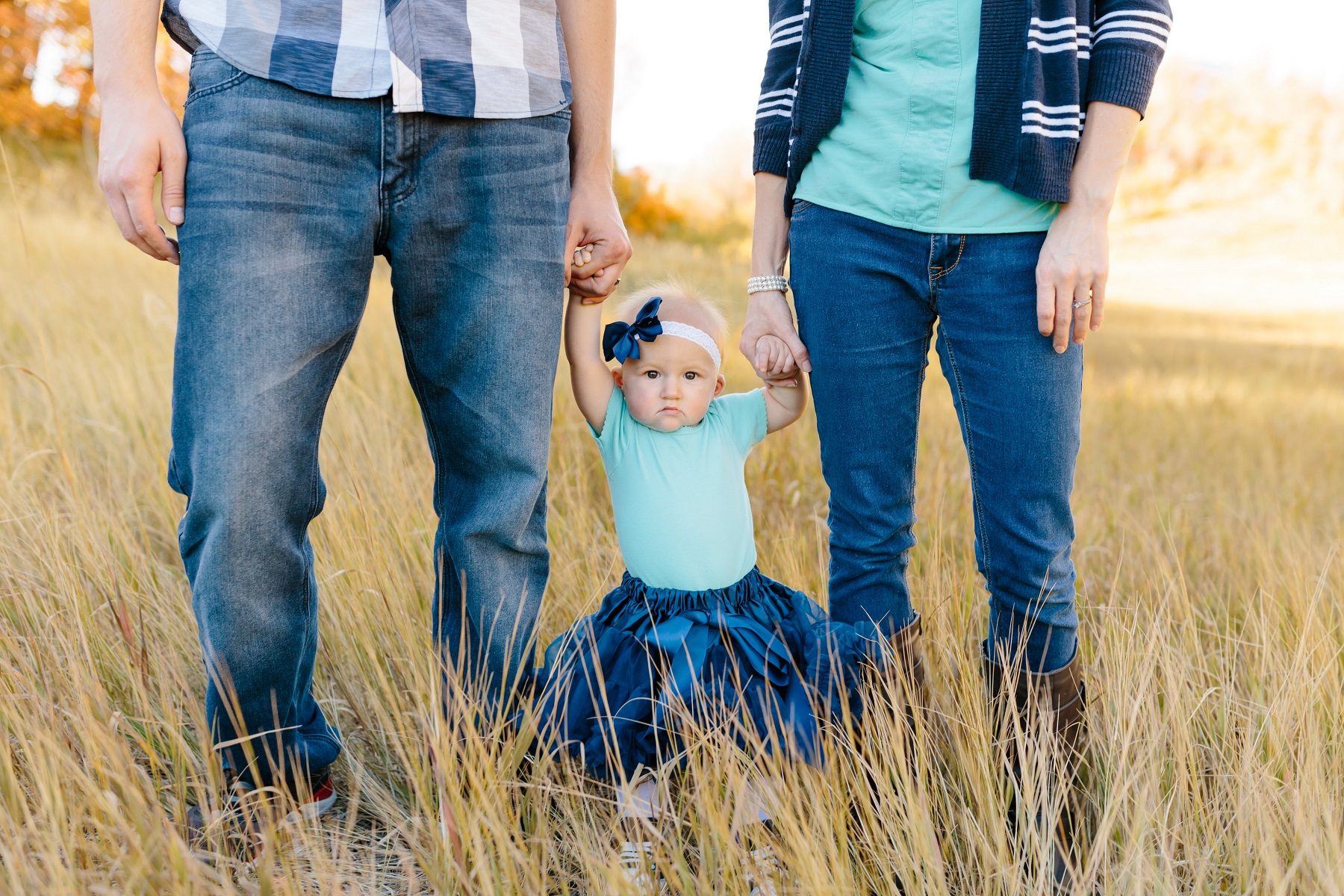The Difference Between Shame and Guilt: A Guide for Parents’ Expectations
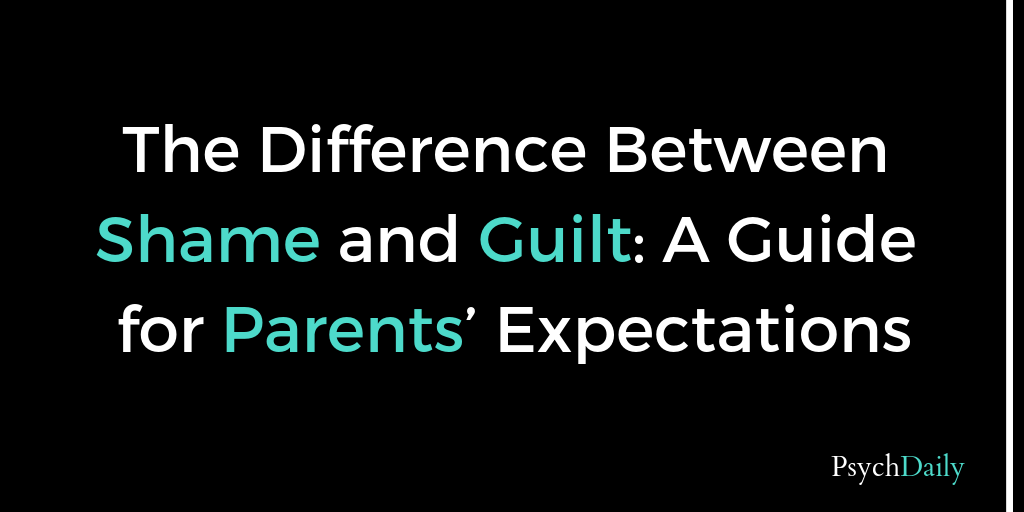
Recently my two-year-old dashed up to me, wrapped her short little arms around my neck and said, “Mom, you’re my best friend.” My heart nearly burst. I had no idea she knew what a “best friend” was. I couldn’t recall a time teaching that phrase to her or using it around her. Yet, there she was, using it correctly in context.
Controlling your child’s behavior
Human behavior is convoluted. It is no wonder there is an entire field dedicated to understanding, predicting, and controlling it. It was John B. Watson, a behaviorist who gave the controversial statement:
Give me a dozen healthy infants, well-formed, and my own specified world to bring them up in and I’ll guarantee to take any one at random and train him to become any type of specialist I might select—doctor, lawyer, artist, merchant-chief and, yes, even beggar-man and thief, regardless of his talents, penchants, tendencies, abilities, vocations, and race of his ancestors. (1930)
However, in order for a behaviorist to have complete control over behavior, he would need to control genetic inheritance, interactions with peers, friends, and family, media exposure, income, neighborhood, weather conditions, natural disasters, etc. This is utterly impossible, especially when you throw in spiritual factors such as inspiration from a divine being.
Parents cannot expect complete control over their children. Every mother and father should enter parenthood knowing full well there is a good chance of getting peed on, having poo smeared on the walls, having egg shells in the cookies, having expensive electronics destroyed, and having bare bums dancing in the view of neighbors. Just as you have made small and large mistakes, so will your children.
The difference between shame and guilt
It’s helpful for your children to understand guilt. This is what leads them to think, “I feel bad I took Johnny’s toy because now he is sad.” When children have a healthy sense of guilt, it is an indication that a moral lesson has been understood. What children should not have is toxic shame. This shifts the focus from what I did was bad to I am bad. When a behavior is wrong, it can be corrected. When one’s entire being is wrong, guilt is replaced with worthlessness, inadequacy, stupidity, etc.
As Brene Brown has written, the antidote to shame is empathy. Describing specific actions with empathy, along with eliminating phrases such as good girl and bad boy, can help change shame into guilt. Intentionally trying to make a child feel bad for what they have done is rarely as effective as giving consequences with empathy (see more here). A parent should be the first person a child goes to when feeling worthless and inadequate, never the one creating those feelings in their child.
Children will never be perfect. When unrealistic expectations are placed upon children, the sacred relationship between parent and child is strained. This is illustrated nicely in the book, No Drama Discipline. One of the authors, Tina Bryson, is working with a frustrated single father who says:
“It just doesn’t make sense. Sometimes he’s great about handling even big disappointments, like last week when he didn’t get to go to the hockey game. Then other times he’ll completely lose his mind because he can’t have the blue cup because it’s in the dishwasher. It’s not about what he can’t do, he’s just spoiled and needs stricter discipline. And he needs to learn how to obey and he can! He’s already proven he can totally choose how to handle himself.” I [Tina] decided to take a therapeutic risk. Doing something out of the ordinary without knowing quite how it would go. I nodded, then asked, “I bet you’re a loving and patient dad most of the time, right?” He replied, “yes, most of the time. Sometimes of course I’m not.” I tried to communicate some humor and playfulness in my tone as I said, “so you can be patient and loving, but sometimes you’re choosing not to be. … If you loved your son wouldn’t you make better choices and be a good dad all of the time? Why are you choosing to be impatient or reactant? … What is it that makes it hard to be patient?” He said, “Well, it depends on how I’m feeling like if I’m tired or if I’ve had a rough day at work or something. I smiled and said, “You know where I’m going with this don’t you?”
Using the H.A.L.T. Method
The authors go on to describe a method they call H.A.L.T. When children are acting out, parent can pause and ask, Is he Hungry? Angry? Lonely? Tired? Rather than using a one-size fits all approach to discipline such as a time-out corner, the real fix may be as simple as a snack and a hug.

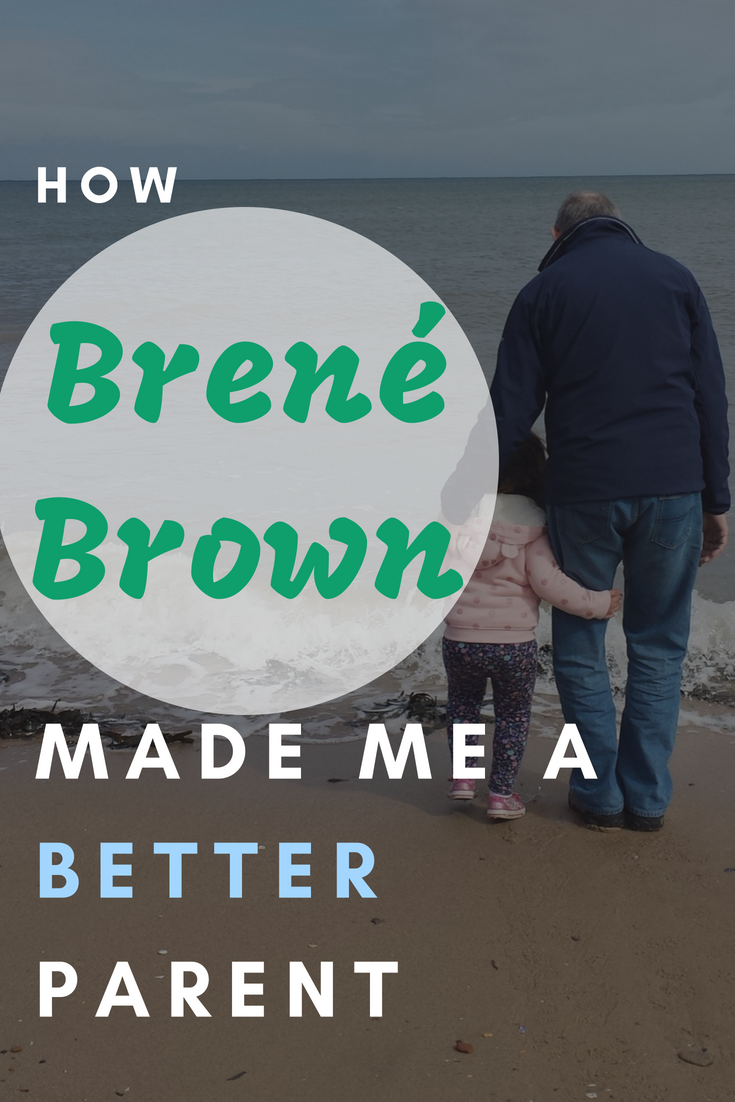

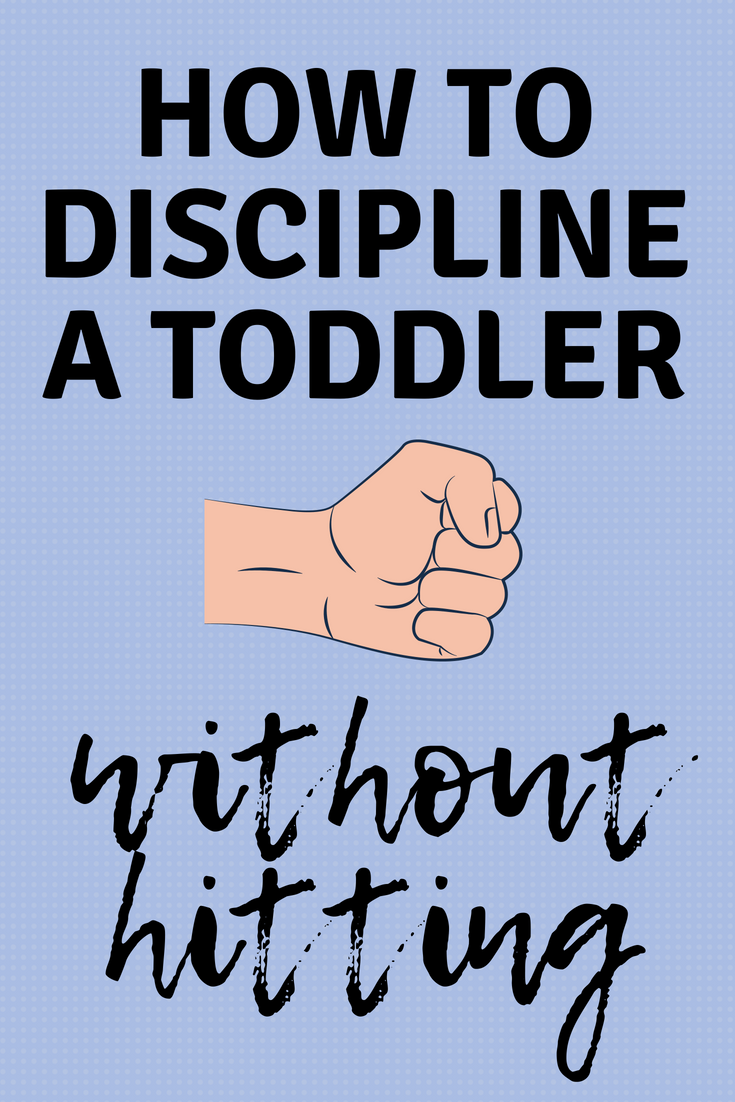
There is no one-size-fits-all to parenting
My writing has included theories from a variety of perspectives. Here and on my website I’ve discussed theories from behaviorists, cognitive psychologists, sociologists, etc. Readers may be wondering, why not just write about the one that’s true? Unfortunately, theories cannot be proven true or false, but they can be tested for how useful they are.
No one approach will be effective all the time. When I want to know what is reinforcing an undesired behavior or analyze how I may be unintentionally reinforcing things I don’t want (whining, screaming, hitting, etc.), I look to B.F. Skinner. When I want to help my child take the perspective of another person, I look to Jean Piaget, Brene Brown, and John Gottman. When I want to understand my child’s defiance and stubbornness, I look to Erik Erikson. Each of these peopled viewed development from a different lens, and each can be helpful in the right situation.
There are times they may all fail. Even Skinner said one alternative to punishment is to simply wait for the child to outgrow the bad behavior. There may be times when expectations just cannot be met. It is not appropriate for me to assume an 18 month old can handle themselves by a busy street, or sit quietly in a pew for 3 hours of church, or know how his actions affect those around him. Is this advice parents want to hear? No, but each day your child learns to do a little better, just as parents do in guiding their children on this wonderful life journey.
